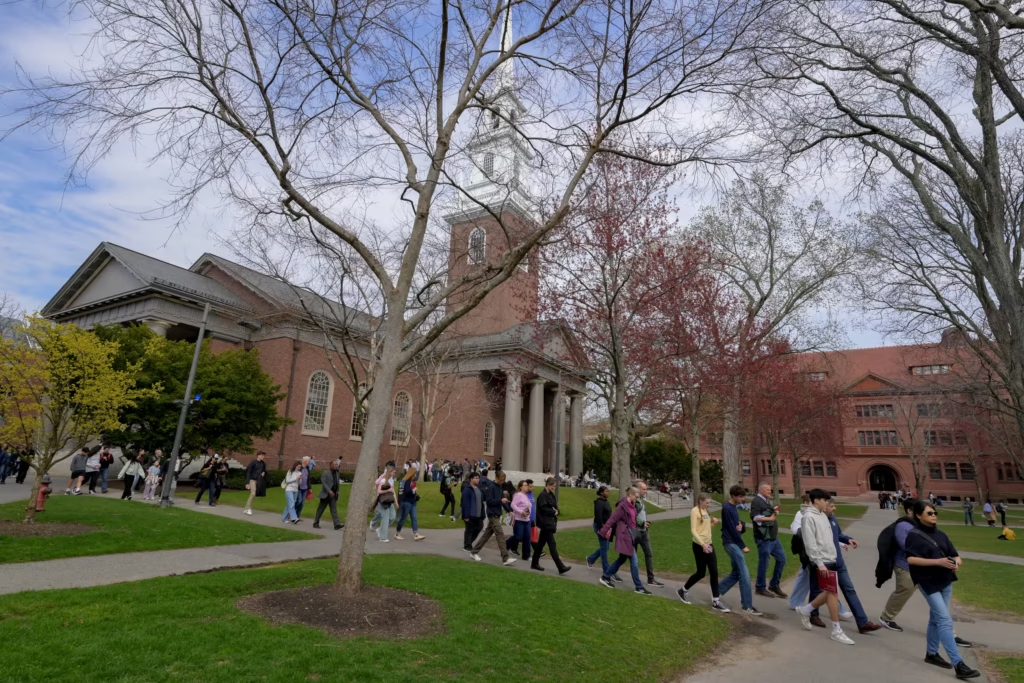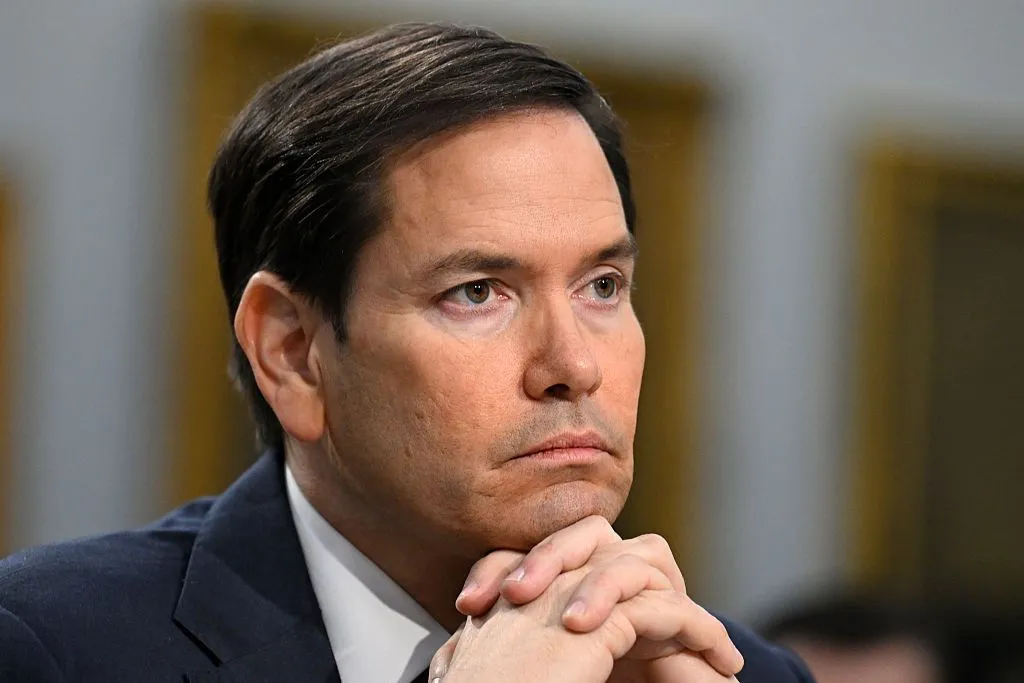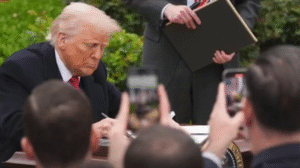In a significant policy shift, the United States has temporarily suspended new student visa appointments and announced plans to intensify social media vetting for applicants. This move, directed by Secretary of State Marco Rubio, reflects the administration’s heightened focus on national security and concerns over ideological influences in higher education institutions.

The Policy Shift: Suspension of Student Visa Appointments
On May 27, 2025, the U.S. State Department issued a directive to embassies worldwide to halt the scheduling of new student visa interviews. According to a memo obtained by CBS News, this pause will remain in effect “until further guidance is issued.” Applicants with already scheduled appointments are permitted to proceed, but no new interviews will be arranged during this period.
This suspension is part of a broader strategy to enhance the scrutiny of individuals seeking to enter the United States for educational purposes. The administration emphasizes the need to ensure that foreign students align with American values and do not pose security risks.
Intensified Social Media Vetting: A New Layer of Scrutiny
In conjunction with the suspension of visa appointments, the State Department plans to expand social media screening for student and exchange visa applicants. This enhanced vetting process aims to identify potential security threats by analyzing applicants’ online activities and affiliations.
State Department spokesperson Tammy Bruce stated, “We take very seriously the process of vetting who it is that comes into the country, and we’re going to continue to do that.” The administration believes that a thorough examination of social media profiles will aid in safeguarding national interests.
Impact on International Students and Educational Institutions
The suspension of new student visa appointments and the expansion of social media vetting have significant implications for international students and U.S. educational institutions. Many universities rely on foreign students, who often pay higher tuition fees, as a substantial source of revenue. The uncertainty surrounding visa policies may deter prospective students from applying to U.S. institutions, potentially leading to financial challenges for these schools.
Furthermore, the increased scrutiny may create a perception of unwelcomeness among international applicants. Students may opt for alternative countries with more straightforward visa processes, affecting the diversity and global engagement of U.S. campuses.
Political Context: Administration’s Stance on Higher Education
The current administration’s actions are influenced by concerns over ideological leanings within American higher education. President Trump has criticized elite colleges for being “too left-wing” and has accused some of enabling antisemitism on campus and upholding discriminatory admissions policies.
Harvard University, in particular, has been a focal point of the administration’s scrutiny. Recently, the government revoked Harvard’s ability to enroll international students or host foreign researchers—a policy that was subsequently blocked by a federal judge. These measures reflect the administration’s broader efforts to reshape the landscape of higher education in the United States.
Reactions and Future Implications
The suspension of student visa appointments and the expansion of social media vetting have elicited varied reactions. Supporters argue that these measures are necessary for national security and to ensure that foreign students align with American values. Critics, however, contend that the policies may harm the reputation of U.S. higher education and deter talented individuals from contributing to American academia and innovation.
As the administration continues to implement these changes, educational institutions and prospective international students must navigate an evolving and uncertain landscape. The long-term effects of these policies will depend on their execution and the global response to America’s shifting approach to international education.
Conclusion
The United States’ decision to halt new student visa appointments and intensify social media vetting marks a pivotal moment in its approach to international education. While aimed at enhancing national security, these policies may have far-reaching consequences for universities and students worldwide. As the situation develops, stakeholders must stay informed and adaptable to the changing dynamics of U.S. immigration and education policies.
Subscribe to trusted news sites like USnewsSphere.com for continuous updates.
[USnewsSphere.com / bbc.]





